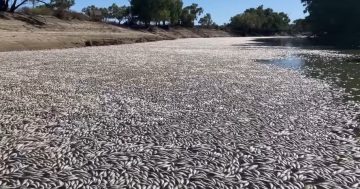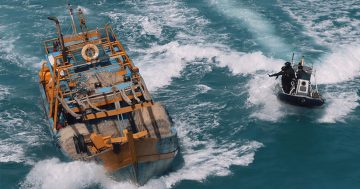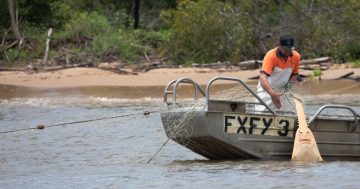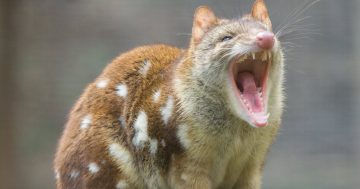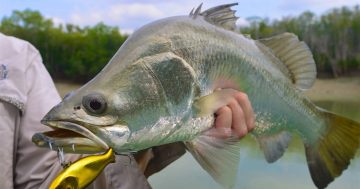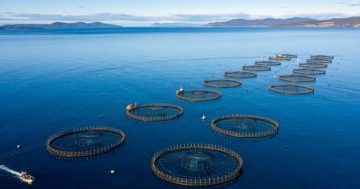 Scientists protecting Kakadu National Park are calling on citizen scientists to take part in a digital fishing challenge to help generate the largest dataset of fish species in the world.
Scientists protecting Kakadu National Park are calling on citizen scientists to take part in a digital fishing challenge to help generate the largest dataset of fish species in the world.
Minister for the Environment, Sussan Ley said the Department of Agriculture, Water and the Environment’s Supervising Scientist Branch had developed an AI-based solution to track underwater species, which would help researchers and Indigenous rangers safely monitor billabongs without fear of crocodile attacks.
Ms Ley said the scientists who looked after river health needed the public’s help to label more than 500,000 images of fish.
“This dataset will make it far easier to train artificial intelligence to identify different fish species, creating a tool which will support the protection of the dual-world heritage listed Kakadu National Park,” Ms Ley said.
“We are asking members of the public to simply log on and annotate the images,” she said.
“Some of the species you may encounter include the barramundi, the chequered rainbowfish and the penny fish.”
Ms Ley said the project was a great way for people to have a positive environmental and scientific impact from their sofas.
Supervising Scientist with the Department, Keith Tayler said it was hoped that the tool would eventually be used by Indigenous ranger groups to safely undertake long-term environmental monitoring at Kakadu.
“Fish monitoring was previously tackled by teams of up to 15 people working in the field for weeks at a time, who had to use nets to sample fish or count them through see-through panes in a bubble boat,” Mr Tayler said.
“However increased crocodile activity in the area has made that a perilous proposition,” he said.
Mr Tayler said that with the technology, ecologists and rangers would no longer need to manually process videos of fish which would free up time for other research to help protect and rehabilitate ecosystems.
Further information on the Department’s digital fishing challenge, including how to participate can be accessed at this PS News link.



